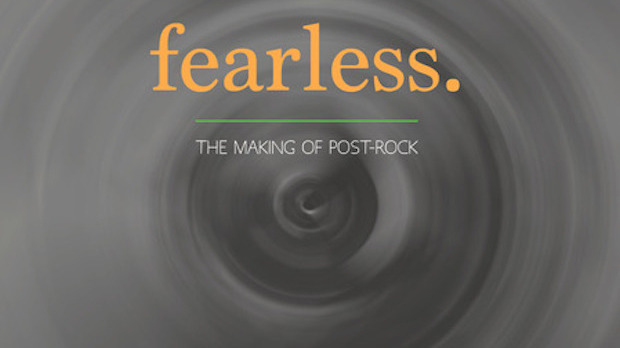You can trust Louder
The definition of ‘post-rock’ is as nebulous as the music it seeks to label, yet at the same time neatly encapsulates the condition of using traditional rock instruments but in a way that liberates them from what author Leech describes as their “individual sentry posts”. Although the term was invented in 1994 by writer Simon Reynolds, Leech sensibly realises that post-rock has a long history which takes in the Velvet Underground, Krautrock, Eno, dub, post-punk and more.
By the time she reaches the 90s in her narrative, however, there is a sense of despondency and loss of centrality which affects the likes of Disco Inferno, Godspeed!, AR Kane and Bark Psychosis, all condemned to the margins as mainstream rock-turned-retrograde with Britpop. These are rags-to-rags stories, in which no one breaks big; the consolation for the post-rockers is that, having nothing to lose, they are free to be musically fearless indeed.
Sign up below to get the latest from Classic Rock, plus exclusive special offers, direct to your inbox!
David Stubbs is a music, film, TV and football journalist. He has written for The Guardian, NME, The Wire and Uncut, and has written books on Jimi Hendrix, Eminem, Electronic Music and the footballer Charlie Nicholas.


